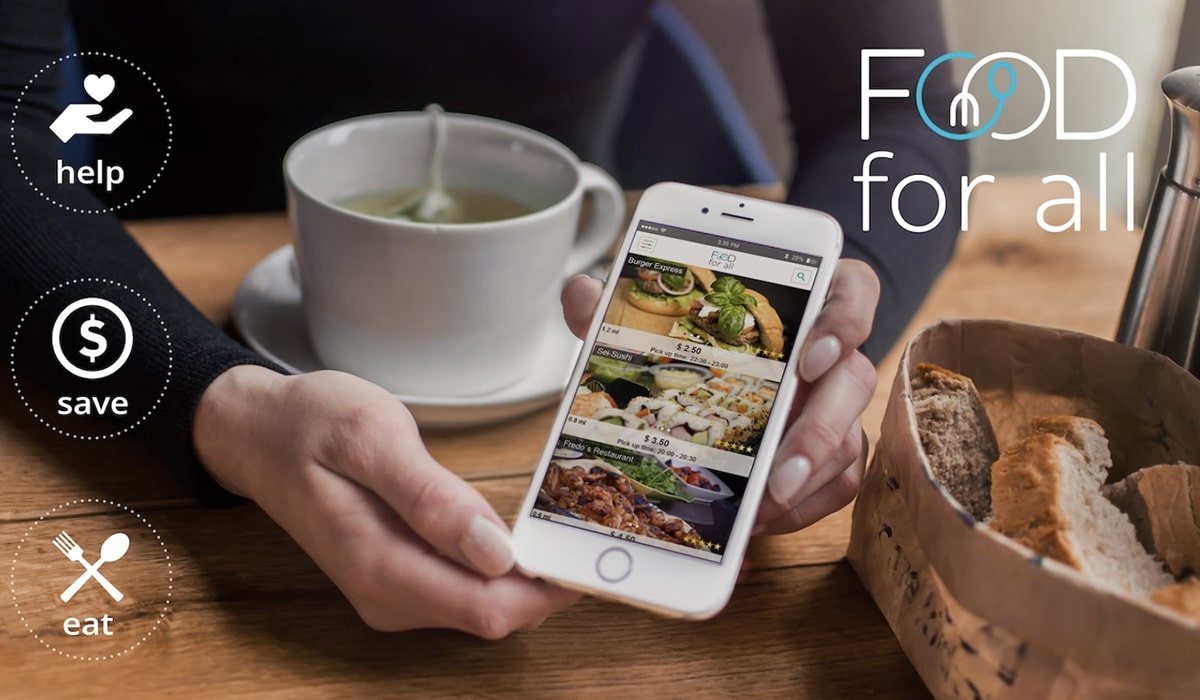Every year, the number of children who take up programming increases. In today's world, where technology is becoming increasingly important in all aspects of life, the ability to program can be a very useful skill for children.
But how important is this skill if kids can't use it in the real world? In this article, we'll look at some examples of how programming kids have been able to use their skills to solve real-life problems.

A Turkish teenager named Elif Bilgin developed a robot that helps pick up trash.
Elif started working on this project in 2013 when she was only 16 years old. Her idea was to develop a robot that could collect trash from the streets and other public places. She used biomaterials such as banana peels and potato starch to create the materials needed to make the robot.
Elif spent over a year researching and building the robot. Her efforts weren't in vain, and her project received significant media and public attention. Elif's robot was demonstrated at the TEDx conference in Istanbul, where she spoke about her project and how she used her knowledge of programming and robotics to find a solution to a real-world problem.

Another example of how children can use their programming skills to solve real-world problems is the project of a 15-year-old Indian girl named Malini Suman, who developed an app to help people with diabetes control their blood sugar levels.
Malini was inspired by her grandmother, who had diabetes, and decided to use her programming skills to develop an app that could help other diabetics control their blood sugar levels.
The app works with a Bluetooth sensor that is worn on the user's body. The sensor measures blood glucose levels and relays that information to an app on the user's phone. The app displays blood glucose levels and provides diet and exercise recommendations to help people with diabetes manage their disease.

Another project comes from a 17-year-old teenager from the U.S. named Jonathan Kile. He has developed a mobile app called "Food for All" that allows users to order food that is destroyed but still usable.
Jonathan's idea was that he had noticed restaurants and cafes leaving unsold food at the end of the day, soon to be thrown away. He decided to use his programming skills to create an app that would allow people to order this food at a discounted price.
The Food for All application allows users to see which restaurants and cafes are participating in the program and what dishes they're offering. Users can select the dishes they want, pay for them through the app, and then pick up the finished order at the selected location.
The Food for All app has reduced food waste and made it easier for low-income people to access inexpensive, yet delicious and high-quality food. In addition, the app also helps restaurants and cafes reduce their waste and avoid food waste, which has a positive impact on the environment.
In conclusion
Programming and robotics skills can be very useful for kids who want to make a difference in the world. The examples we've looked at in this article show that kids who program can have a big impact on solving real-world problems.
The future is already here, and the growing number of kids who program has the potential to change the world for the better. These kids are innovators and inventors who can develop new technologies and find solutions to complex problems.
So if your child is interested in programming, remember that their skills can be important in shaping a better future. Don't be afraid to use your skills to solve real problems in the world. Who knows, maybe your child's invention will change the lives of millions of people around the world.





